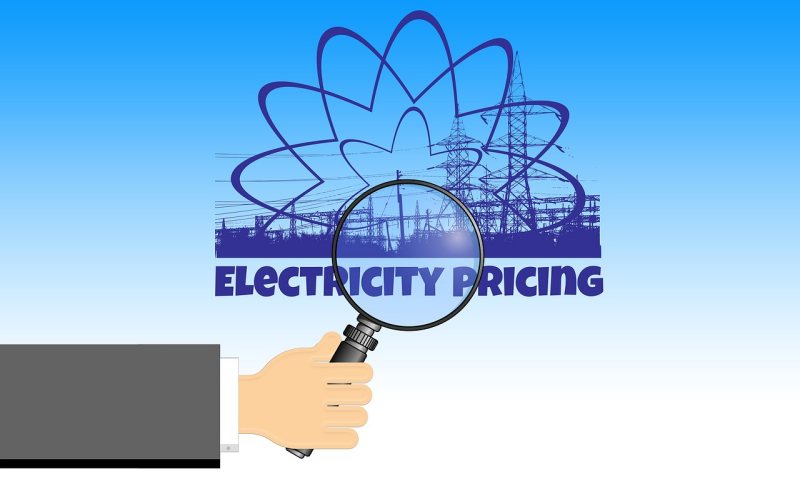
Image: geralt
NSW’s Independent Pricing & Regulatory Tribunal (IPART) says energy prices have stabilised in the state, but some households are still paying too much.
In its annual review, IPART determined the average electricity bill for residential customers in July this year was $1,832 pa, up 0.2% since June 2018. Average gas bills for Jemena region residential customers increased by 0.2% to $861 pa.
IPART Chair Dr Peter Boxall said average electricity bills in the Greater Sydney, Wollongong and Newcastle area had increased 1% in real terms (with inflation taken into account) since deregulation in 2014, while regional NSW electricity bills had fallen by 13% in real terms.
There are still households that could be getting a better deal by shopping around says IPART. Customers not engaging with the electricity market could be paying around 20% more. While retailers are now required to assist lower income customers access better prices and let customers know when their discount will end, that still leaves many in the dark if they don’t look further afield by using tools such as the Energy Made Easy website.
IPART has recommended initiatives such as Energy Made Easy be monitored and evaluated before re-regulation is considered and pointed out the biggest jumps in retail electricity prices in NSW occurred during regulation. Some might say IPART’s connection of the two is a little tenuous as big price hikes were a national phenomenon.
Meter Situation Improving – More Progress Needed
The meter changeover process in NSW has been a headache for some households, including those installing solar power.
IPART says meters requested in December 2017 (immediately after Power of Choice reforms kicked in) took on average 60 to 72 business days to be installed, dropping to an average of 16 to 19 business days by June this year. While the June result was a marked improvement, Dr. Boxall said this could be bettered.
Last month, the Australian Energy Market Commission (AEMC) published a draft rule requiring electricity retailers to provide new smart meters on a date agreed with customers. If a date isn’t set, retailers would be required to install new electricity meters within 15 business days.
IPART is recommending changes to simplify the process of installing meters and complement the AEMC draft rule. It has recommended that in NSW retailers would be subject to a maximum timeframe of six business days for a new connection and 15 business days for a meter changeover, in the absence of a date agreed with the customer. Civil penalties would be imposed for non-compliance.
IPART is inviting feedback on both draft reports mentioned above.

 RSS - Posts
RSS - Posts



Interesting:- “IPART Chair Dr Peter Boxall said average electricity bills in the Greater Sydney, Wollongong and Newcastle area had increased 1% in real terms (with inflation taken into account) since deregulation in 2014, while regional NSW electricity bills had fallen by 13% in real terms.” and “IPART …. pointed out the biggest jumps in retail electricity prices in NSW occurred during regulation.”
Does their analysis go further? Was it due to “gold-plating” of transmission infrastructure by State government, to increase the price received in privatisation? Is it due to State government passing back to consumers the cost of subsidies for new renewable power infrastructure?
Michael, does the report give any insight into the causes of the (perceived) doubling of power prices over the last decade?